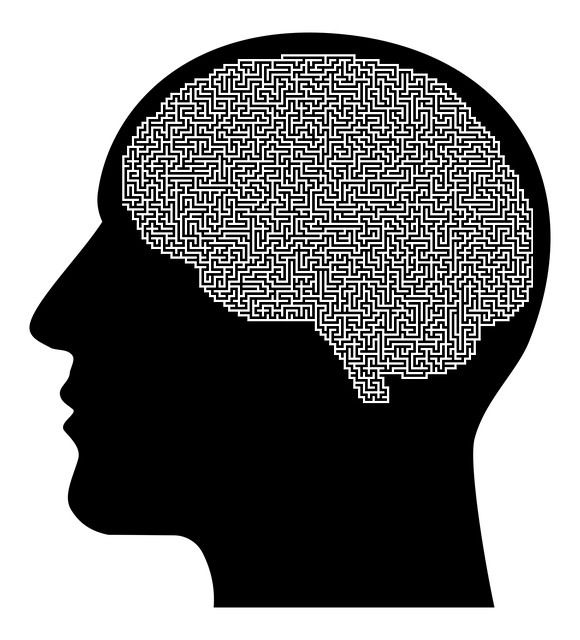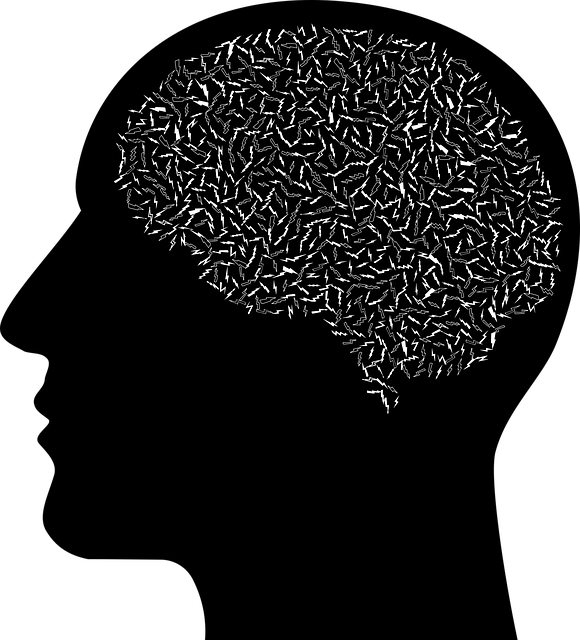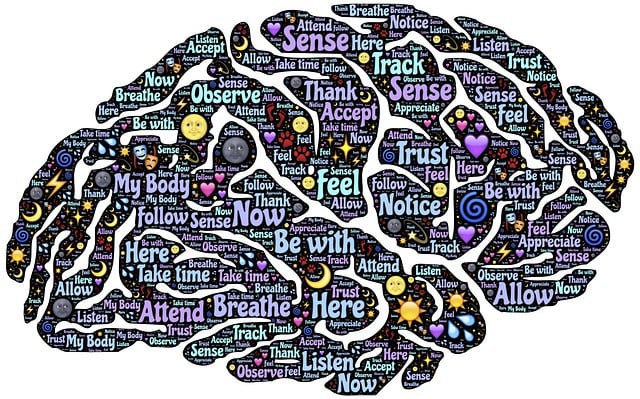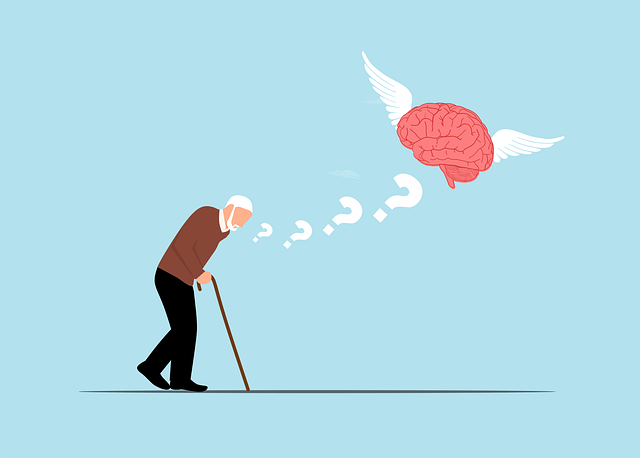Chronic stress negatively impacts physical and mental health, but Golden Cognitive Behavioral Therapy (CBT) offers a powerful solution. CBT targets negative thought patterns and behaviors, promoting active participation in stress management through structured sessions. This approach enhances emotional resilience, alleviates anxiety, and empowers individuals to confront stressors with clarity and composure. By addressing underlying cognitive distortions, CBT fosters a positive mindset shift, increased control, and improved overall well-being. Combining daily stress management techniques, mindfulness practices, and regular exercise with professional CBT support significantly improves one's ability to navigate life's challenges.
Stress management techniques are essential tools for navigating today’s demanding world. In this comprehensive guide, we explore effective strategies to understand and overcome stress. We delve into the profound impact of chronic stress on both mental and physical health, highlighting the critical role of Golden Cognitive Behavioral Therapy (CBT) in fostering resilience. Furthermore, practical daily implementation tips equip readers with actionable steps to cultivate a calmer, more balanced lifestyle.
- Understanding Stress and Its Impact
- The Role of Cognitive Behavioral Therapy (CBT) in Stress Management
- Practical Techniques for Daily Implementation
Understanding Stress and Its Impact

Stress is a natural response to demanding or threatening situations, but when it becomes chronic, it can significantly impact our physical and mental health. It’s essential to understand that stress isn’t always negative; acute stress can enhance performance and focus by releasing adrenaline and cortisol, often referred to as the ‘fight or flight’ hormones. However, prolonged stress at elevated levels can lead to various issues such as anxiety, depression, cardiovascular problems, and weakened immune function. This is where effective stress management techniques become crucial.
Golden Cognitive Behavioral Therapy (CBT) offers a proven approach to tackling stress by identifying and changing negative thought patterns and behaviors. CBT helps individuals challenge and reframe distorted thinking, thereby reducing the emotional impact of stressful situations. By combining this therapy with mental wellness coaching programs, professionals can facilitate personal growth and development while implementing effective risk management planning for their own mental health.
The Role of Cognitive Behavioral Therapy (CBT) in Stress Management

Cognitive Behavioral Therapy (CBT) emerges as a golden standard in stress management techniques. By focusing on identifying and modifying negative thought patterns and behaviors, CBT empowers individuals to confront stressors more effectively. This therapy encourages active participation, teaching self-care practices that enhance emotional resilience and anxiety relief. Through structured sessions, clients learn conflict resolution techniques, enabling them to navigate challenging situations with newfound clarity and composure.
By tackling underlying cognitive distortions, CBT facilitates a profound shift in perspective. It equips individuals with practical tools to challenge unhelpful beliefs, replacing them with more realistic and balanced thoughts. This process not only reduces stress but also fosters a sense of control and well-being. Moreover, CBT provides actionable strategies for managing daily stressors, promoting long-term mental health and improved quality of life.
Practical Techniques for Daily Implementation

Incorporating practical stress management techniques into daily routines is a powerful way to combat stress and promote well-being. One evidence-based approach that has proven effective is Cognitive Behavioral Therapy (CBT), which focuses on identifying and challenging negative thought patterns. By learning to recognize triggers and modifying one’s response, individuals can effectively manage stress levels. CBT encourages the development of coping skills, enabling people to face challenges head-on with a more positive mindset. This therapy also highlights the importance of understanding cultural sensitivity in mental healthcare practice, ensuring that techniques are tailored to individual needs and backgrounds.
Additionally, cultivating mindfulness and engaging in regular physical activity are simple yet golden strategies. Mindfulness practices help individuals stay present and grounded, reducing the impact of stressful thoughts. Incorporating exercise not only releases endorphins but also provides a healthy outlet for tension and promotes better sleep, all of which contribute to stress reduction. Moreover, prioritizing self-care and setting boundaries can prevent burnout, especially in high-pressure situations. These daily practices, when combined with professional support if needed, can significantly enhance one’s ability to navigate life’s challenges with resilience.
In conclusion, managing stress effectively is a vital skill in today’s fast-paced world. By understanding its impact and utilizing proven techniques like CBT, individuals can take control of their mental well-being. The golden rule of CBT lies in its practical application, offering simple yet powerful tools to navigate life’s challenges. Incorporating these daily practices can lead to significant improvements in overall stress levels and enhance one’s ability to thrive amidst life’s demands.














